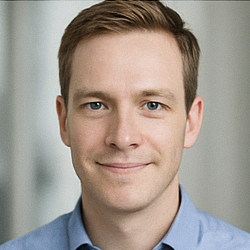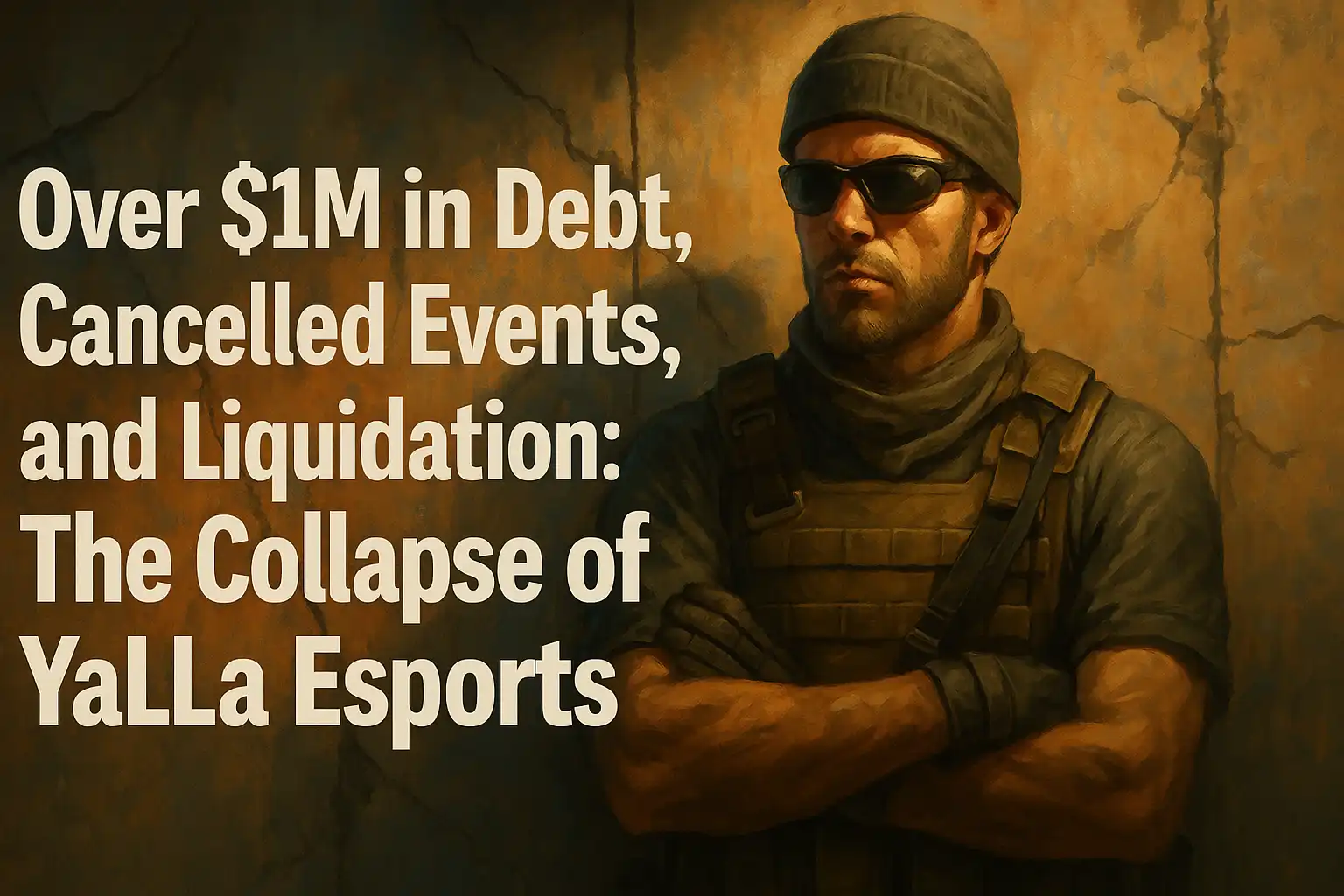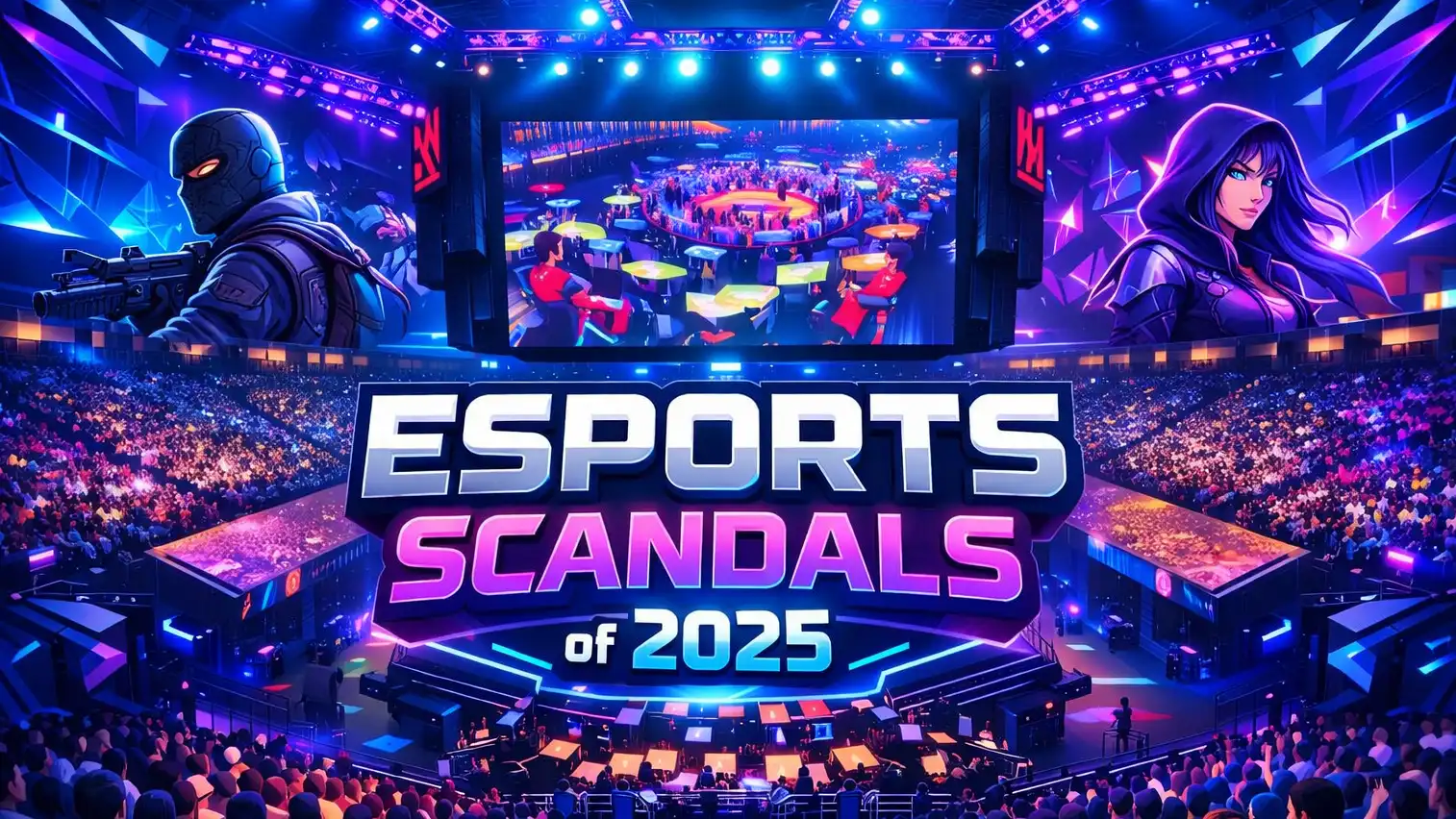Stat Check: Spirit's Ruthless Roster Move After Cologne Was Justified

Stat Check: Spirit's Ruthless Roster Move After Cologne Was Justified
Spirit’s bold decision to bench two of their own after IEM Cologne — despite continuing success — may seem harsh, but it’s one grounded in performance metrics and long-term strategy.
Performance That Speaks for Itself
tN1R’s only Big Event in early 2025 was IEM Dallas, where he posted a solid 1.17 rating. But that was no fluke — he’s maintained a 1.17 rating against the world’s top‑5 teams, 1.16 against the top‑20, and a consistent 1.18 overall on LAN this year.
Meanwhile, Spirit opted to sideline Myroslav "zont1x" Plakhotia — a 20-year-old anchor known for consistency — and Boris "magixx" Vorobiev, despite their valuable contributions, particularly in critical situations.
Tactical Overhaul: New Roles, Fresh Voice
Spirit’s summer roster overhaul added not just raw statistics, but also strategic and psychological elements. Andrey "tN1R" Tatarinovich is known for his vocal leadership and aggressive mid-round map control, setting him up as the communicative core that Spirit previously lacked. According to Mareks "YEKINDAR" Gaļinskis on HLTV Confirmed, zont1x had been “doing a lot of micro‑managing and communicating during the game,” but wasn’t exactly a morale‑boosting presence.
Replacing zont1x with zweih allows him to concentrate fully on anchoring, while tN1R brings unpredictability and vocal clarity that can transform mid-round dynamics and overall team tempo.
Added Flexibility vs. Predictability
Spirit’s previous system relied heavily on their stars donk and sh1ro, with the team often adhering to a predictable structure — waiting for donk’s positioning before acting. Now, with tN1R’s ability to initiate aggressive plays, Spirit become significantly less predictable on T-side and more adaptable to opponent strategies.
Contextualizing the Move
Spirit’s ruthless reshuffle reflects a deeper understanding: success on paper must evolve. Even in the wake of a strong showing at Cologne, the team recognized that to remain at the pinnacle — especially heading toward the Budapest Major and facing teams like Vitality — they needed not just performance, but systemic balance and adaptability.





